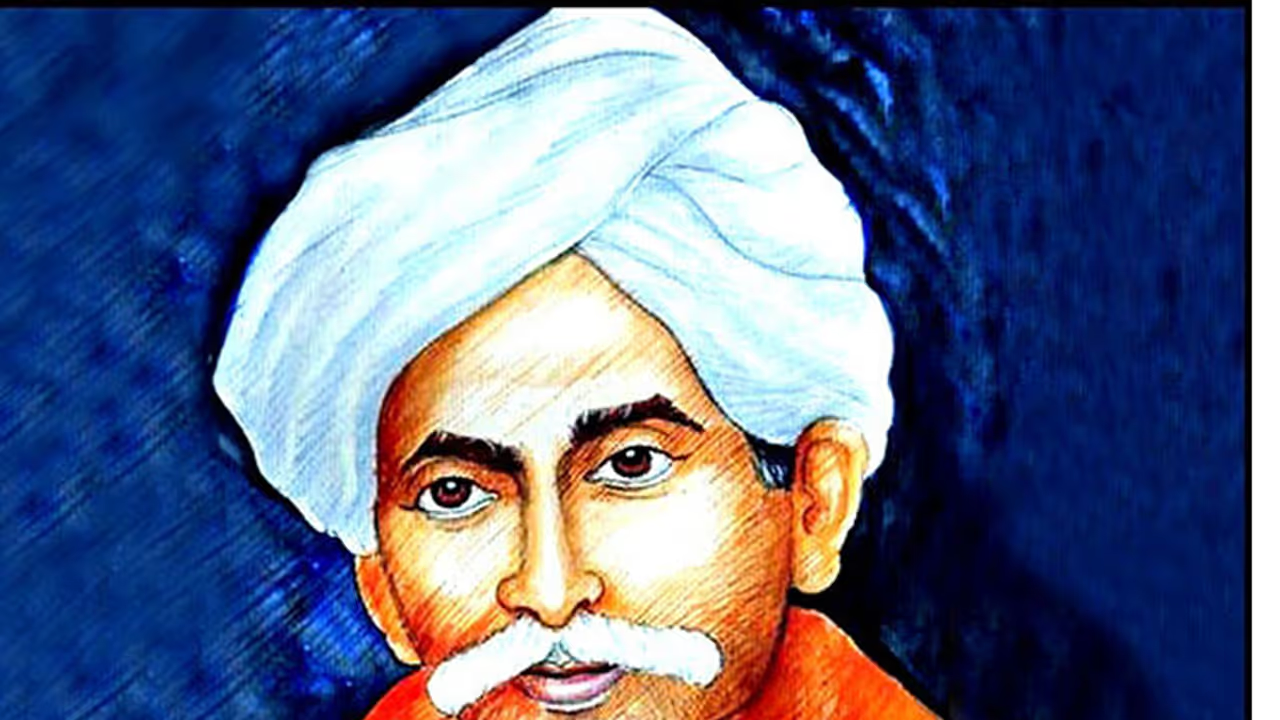Union Budget 2025: Finance Minister Nirmala Sitharaman started Budget 2025 by quoting Gurajada Apparao’s famous patriotic lines. His works, including "Kanyasulkam," revolutionized Telugu literature. Born in 1862, he advocated for social reforms, education, and women's empowerment. His literary contributions continue to inspire generations.
Finance Minister Nirmala Sitharaman set the tone for Budget 2025 by quoting renowned Telugu poet and writer Gurajada Apparao’s immortal lines: Desamante matti kaadoyi. Desamante manushuloyi. (Country means not thesoil.. it means people)

This powerful statement, penned by Gurajada in his patriotic song, still resonates deeply with Telugu-speaking people. His works not only influenced literature but also played a crucial role in social reform movements.
Gurajada Apparao: Early Life and Education
Gurajada Apparao was born on September 21, 1862, in Rayavaram, Visakhapatnam district. His father, Venkata Ramadasu, worked in the Vijayanagaram princely state as a revenue supervisor. After his father’s demise, Gurajada faced financial hardships but continued his education with the support of C. Chandrasekhara Sastry, the headmaster of M.R. College. He completed his matriculation in 1882 and pursued higher education, eventually joining M.R. High School as a teacher.
Personal Life and Career
In 1885, Gurajada married Appala Narasamma, and they had three children. He built strong connections with the Pusapati royal family and played an active role in the Indian National Congress sessions in 1887. His social service contributions included joining the Visakha Voluntary Service and serving as the vice-president of the Anand Gajapati Debating Club.
Professionally, he served as a legislative researcher for the Vijayanagaram princely state and worked as a professor in Maharaja’s College. In 1911, he became a member of the University of Madras Board of Studies and retired in 1913.
Literary Contributions
Kanyasulkam – A Revolutionary Play
Gurajada’s most famous literary work, Kanyasulkam (1892), is considered one of the greatest plays in Indian literature. It addressed deep-rooted social evils like child marriage and the dowry system. The play’s impactful dialogues, especially those of the character Girisham, remain popular to this day.
Modern Telugu Poetry and Social Reform
Gurajada introduced a new wave of literature through Mutyala Saralu, pioneering a conversational poetic style. His works emphasized the importance of education in regional languages and criticized blind imitation of Western culture.
His most famous poem, “Desamunu Preminchumanna,” urges people to work collectively for national progress. The lines “Desamante Matti Kadoyi, Desamante Manushuloy” (The country is not just land, but its people) reflect his nationalist vision.
Advocacy for Women’s Rights
Gurajada strongly supported women’s education and empowerment. His works emphasized that societal progress is impossible without gender equality. He encouraged women to step beyond traditional household roles and contribute to the nation’s development.
Legacy and Death
Gurajada Apparao passed away on November 30, 1915, at the age of 53. His literary contributions and social reforms continue to inspire generations. His works are widely studied, and his influence remains profound in Telugu literature and cultural movements. By invoking Gurajada’s words in Budget 2025, Nirmala Sitharaman highlighted the relevance of his vision in today’s economic and social landscape. His messages of patriotism, action, and societal progress remain guiding principles for India’s development.
